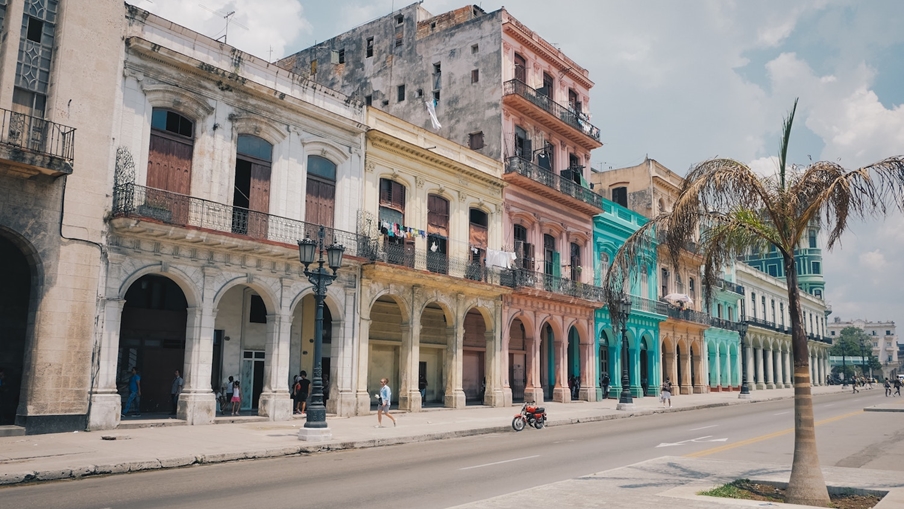The U.S. on Tuesday tightened travel restrictions and banned the export of planes and vessels to Cuba, seeking to further isolate the island and reverse the actions of the previous administration.
The moves, jointly made by the Treasury Department’s Office of Foreign Assets Control (OFAC) and the Commerce Department’s Bureau of Industry and Security (BIS), aim to further constrict revenue to Cuba for backing leaders in Venezuela and Nicaragua, and to support the administration’s increasingly tough policy toward Havana.
“These actions will help to keep U.S. dollars out of the hands of the Cuban military, intelligence and security services,” said Treasury Secretary Steven Mnuchin.
The Treasury amendments to the Cuban Assets Control Regulations, which go into effect Wednesday, will end group people-to-people educational travel, a method thousands of Americans have used to visit the island for years, even before relations started to improve, according to an AP report. The Commerce restrictions bar private and corporate aircraft, cruise ships, sailboats, fishing boats and other similar aircraft and vessels from going to Cuba. License applications face a general policy of denial, the Commerce Department said.
There is a “grandfathering” provision in the rule change that allows travelers who have already completed at least one related transaction, such as booking a flight or reserving accommodation, to make the trip, according to Treasury’s guidance.
Commercial airline flights appear to be unaffected by the changes, as are travel for university groups, academic research, journalism and professional meetings, the AP report said.
